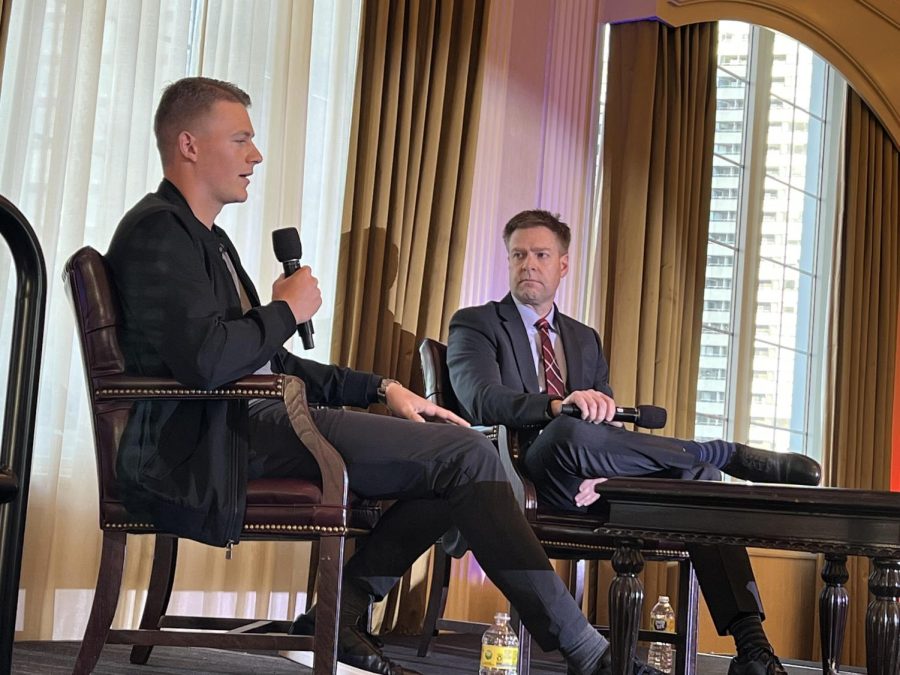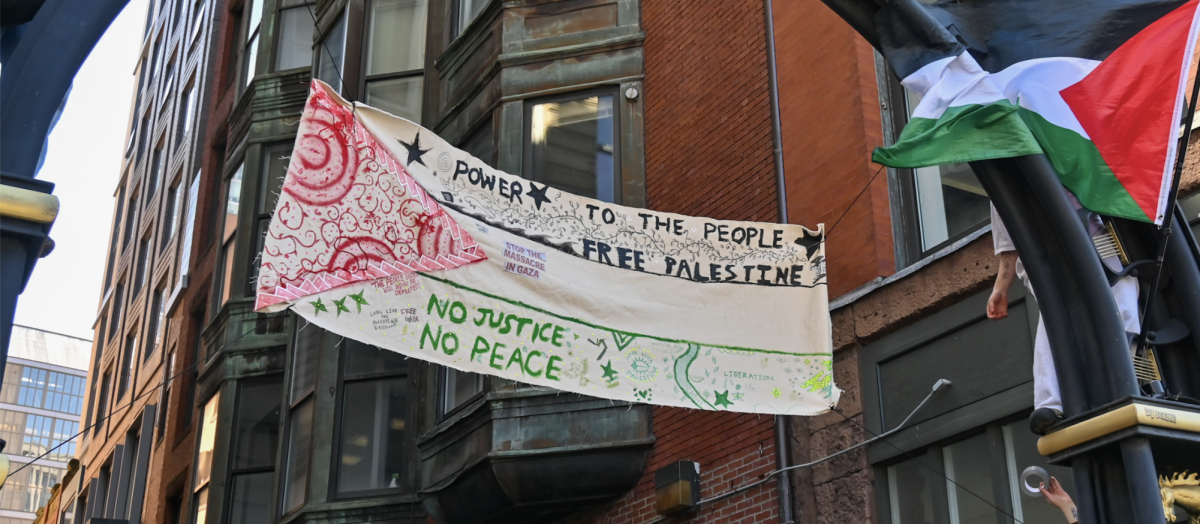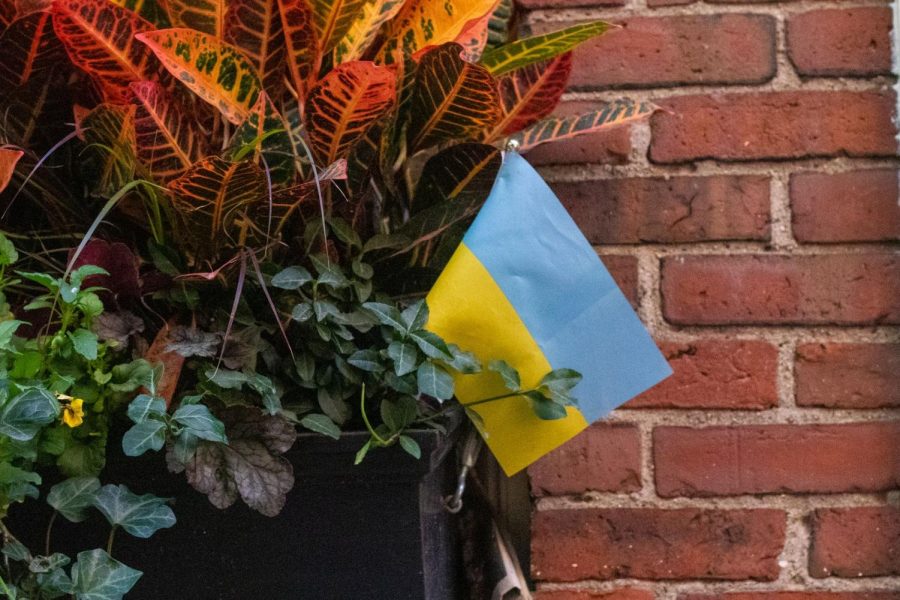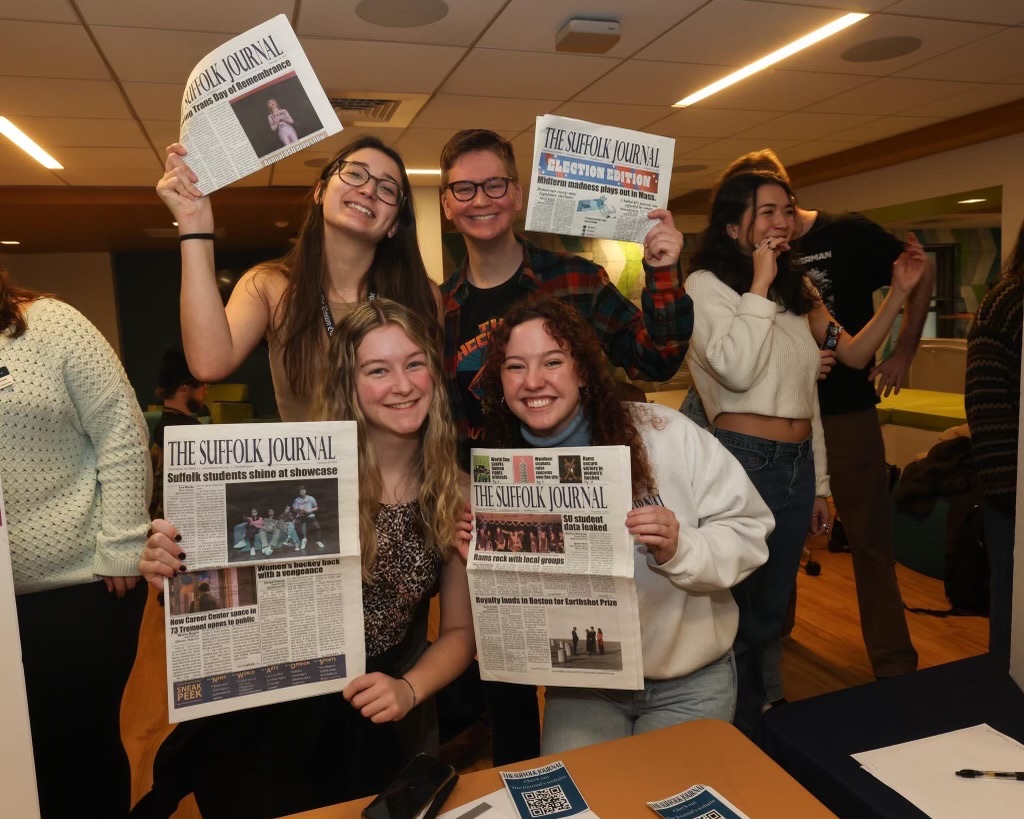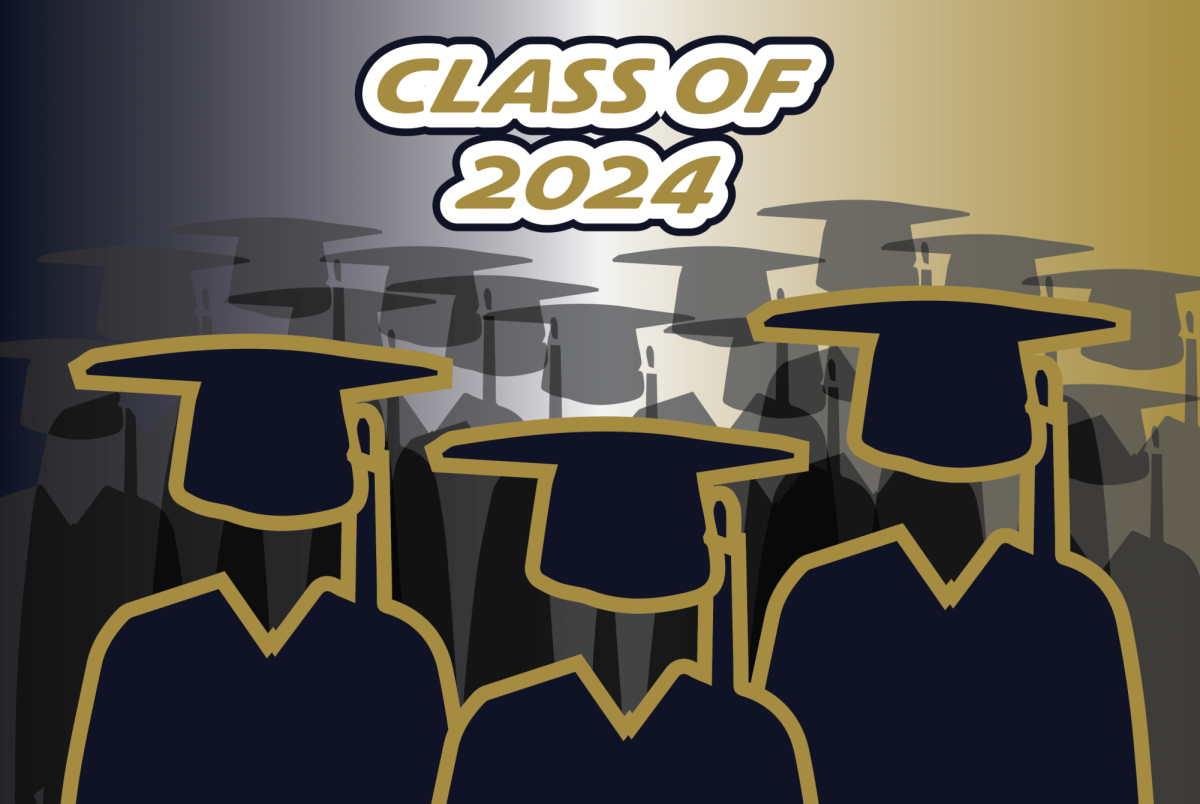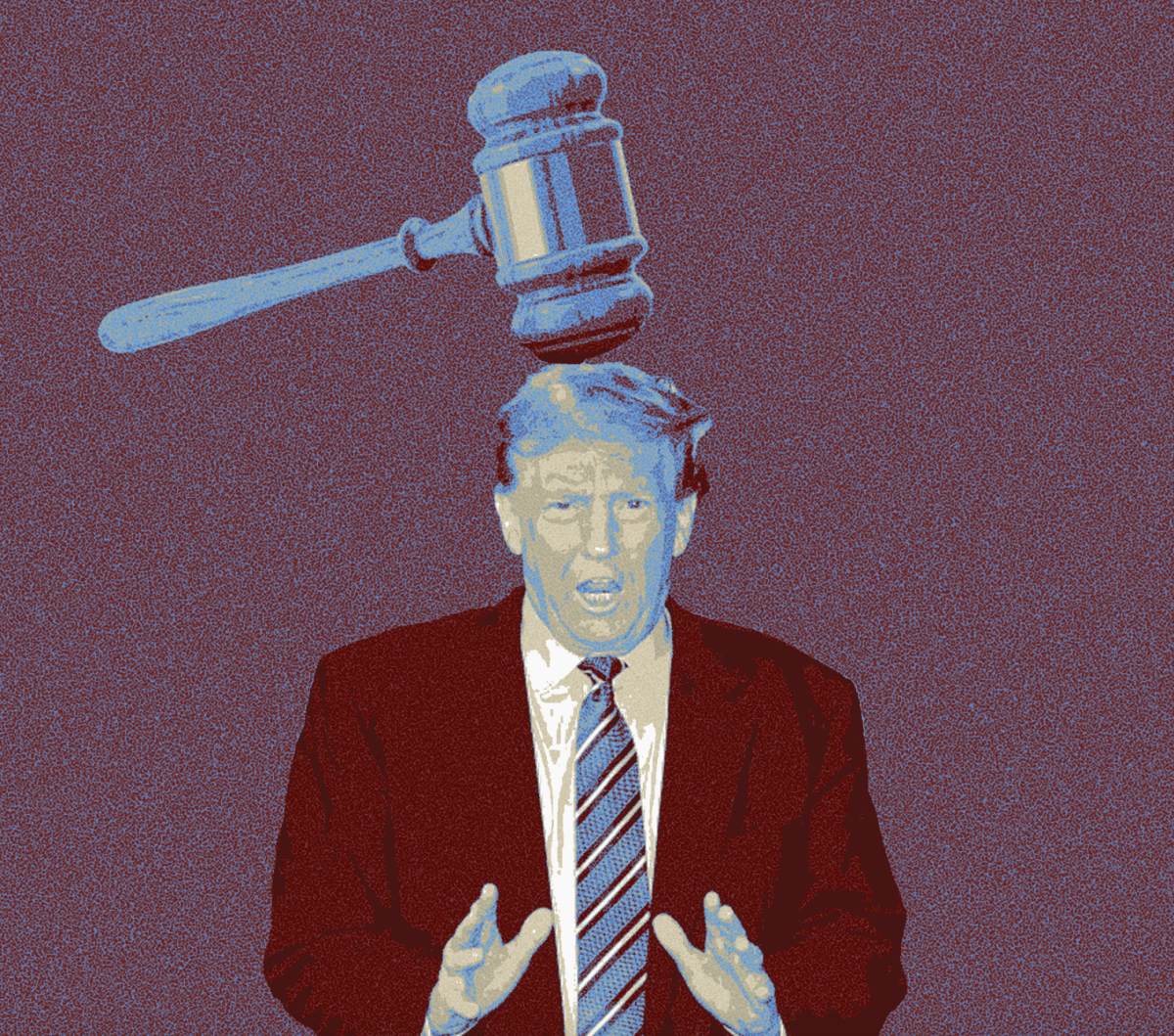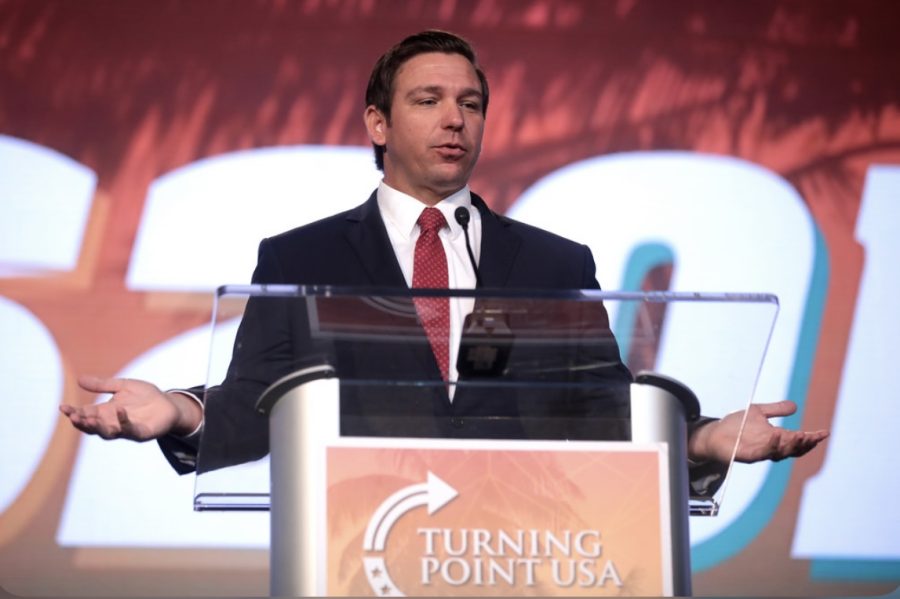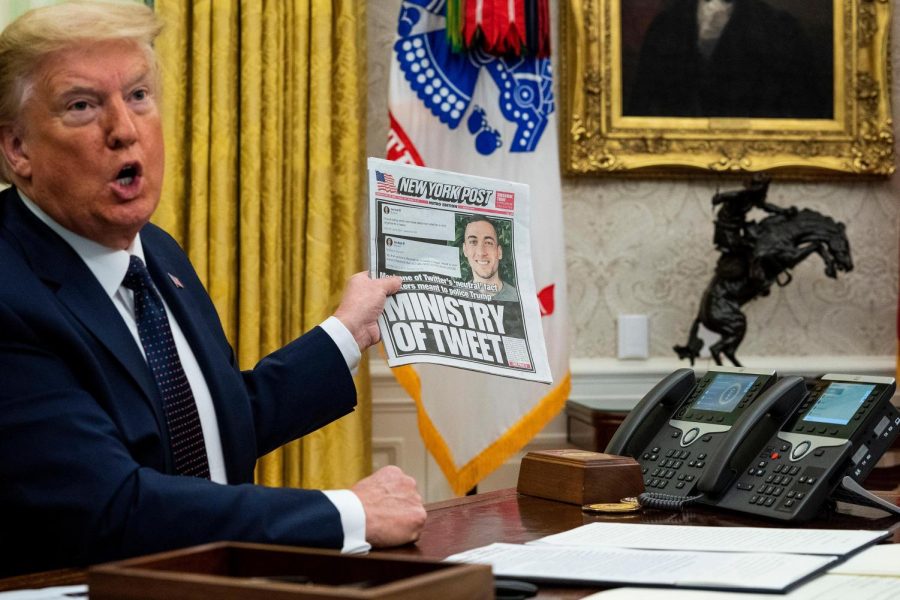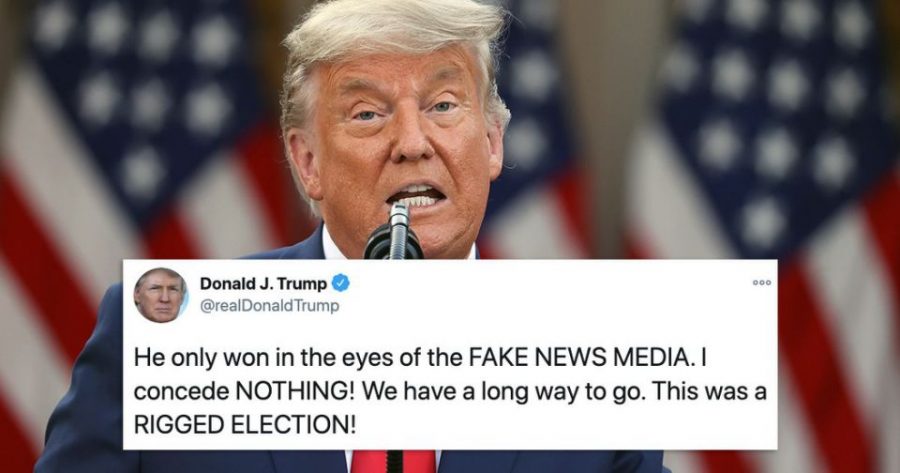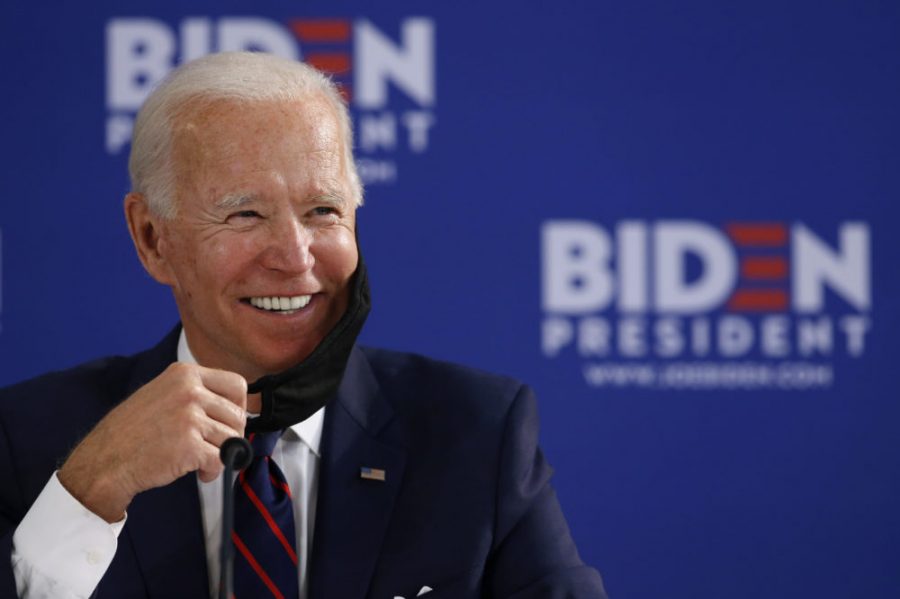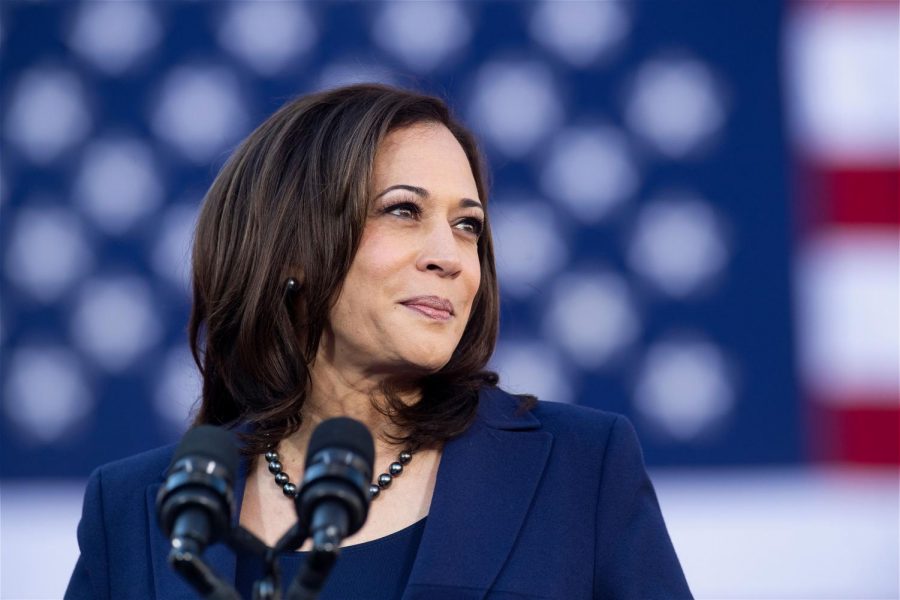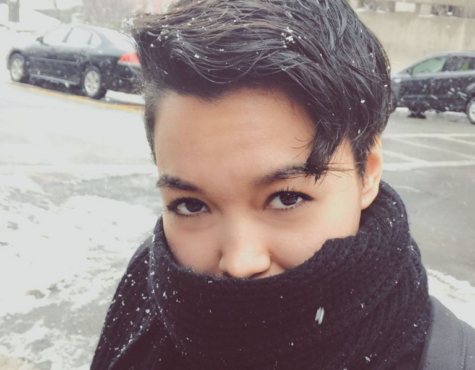When the U.S. Supreme Court announced last month it would decide whether same-sex marriage is protected by the Constitution, I was underwhelmed at the news. In the “suggested” related articles on the sidebar of the New York Times, where I read the announcement, there was an article on the continuing protests in New York City and Boston organized by the Black Lives Matter movement.
How apt, I thought.
Decades after Martin Luther King and Rosa Parks, and almost two centuries after Frederick Douglass and Harriet Tubman, their movement still lives and uses the same language and chants against racism. So how, I question, is a federal government ruling effective when establishing social justice?
According to our laws, black people should be equal in this country by now, yet we still witness thousands take over the streets in dozens of cities to protest against police brutality and socioeconomic inequality. This comes decades after black people, like LGBTQpeople now, were seeing for once the federal government take responsibility for their rights.
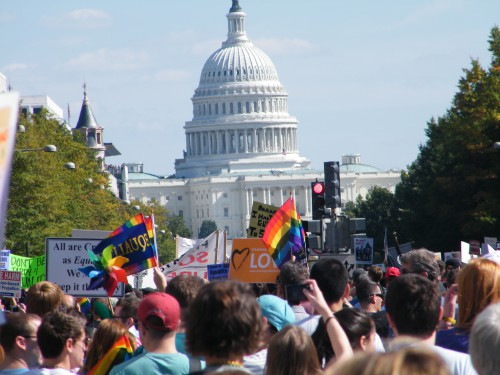
If the black struggle is any indication of what to expect after the same-sex marriage ruling — that is, hoping the Supreme Court will rule in favor of acknowledging that it is protected — this victory should consist of brief celebrations from the LGBTQ community and long preparations for the social backlash after.
People of color know that laws only serve as theoretical assurances that equality will take place. We know that words on paper promising to protect us, which are signed and backed by political officials who, more often than not, are upper-class, white men, are rarely reflected beyond the documents and onto the streets.
Laws that are put into place trying to undo the systematic oppression that people of color, LGBTQ folks, women, immigrants, and low-wage workers have long endured require more than a couple of sympathetic politicians to truly carry out social change.
For those of us who fall into more than one of those groups, the concepts of justice and equality are an unpredictable balancing game when one of our identities receives more legal protection than another, more social acceptance than another. Queer immigrants of color know this battle better than anyone else.
Although knowing I cannot be legally fired because I am queer is a hell of a good thing, it won’t change the discriminatory stares and words exchanged in daily casual interaction. It will also not change that conservative business owners think it is their own constitutional right to kick me out of their restaurant because I impede their freedom of religion.
These are small acts of violence against us, and laws do not penetrate the social constructs of discrimination deep enough to get rid of them. Laws are only reflections of the ideas the people at power are perpetuating to other people with power.
Attacking institutionalized oppression and hoping it brings down ideological and interpersonal oppression with it — “trickle down” justice, if you will — is as unproductive in social justice as it is in economics. It only makes those at the top feel good about themselves while the rest of us get worse off.
Human Rights Campaign, the nation’s largest LGBT civil rights organization, released a report last month with a breakdown of each state’s protections offered to lesbians, gays, bisexuals, and transgender citizens. The report highlighted that, despite the fact that 36 states and D.C. allow same-sex marriages, discrimination continues.
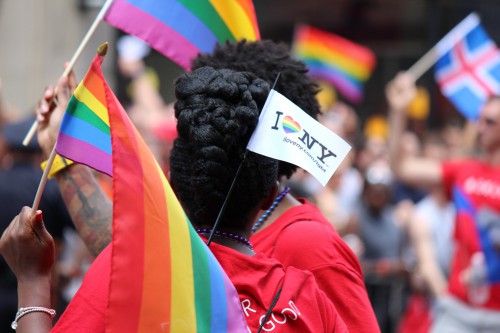
Even Massachusetts, the first state to offer marriage licenses to same-sex couples, is behind on laws that protect transgender people who regulate accommodations in public spaces, such as restrooms. This is another example of how equality walking down the aisle does not translate to justice for the entire LGBTQ community.
The federal government taking action on this is a progressive move and long overdue for the gay rights movement. However, to think of it as the ultimate end goal of the movement is a mistake.
Even if all 50 states were handing out marriage licenses by the summer, so long as sexual diversity is in the realm of taboo, and gender is still tied to only male and female, the light at the end of the tunnel for justice for the LGBTQ community is still looking bleak.







